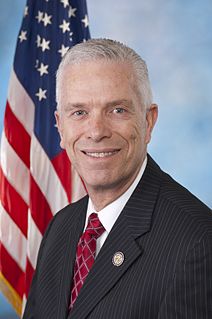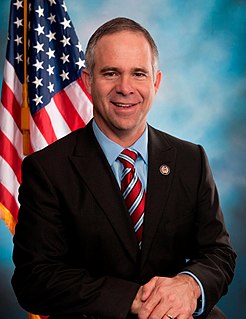A Quote by Peter Welch
If you ask the question of Americans, should we pay our bills? One hundred percent would say yes. There's a significant misunderstanding on the debt ceiling. People think it's authorizing new spending. The debt ceiling doesn't authorize new spending; it allows us to pay obligations already incurred.
Related Quotes
I am prepared to discuss the things that I believe we need to do not just to raise the debt limit. Raising the debt limit is the easiest thing. That's one vote away. The hard thing is to show the world we are serious about putting our spending in order so we can show people we'll able to pay our bills down the road.
It's not about what the speaker wants. It's not about necessarily what I want. There's two other principles involved here. It's what the constituents in my district want, and they didn't want to raise the debt ceiling unless there were significant structural reforms and spending cuts to help us balance our budget.
Obama has been perhaps the most partisan President since Truman. He hasn't learned to be civil - note his insulting speech to Paul Ryan, who did us the courtesy of scoring a budget. The president has to talk to Republicans when it comes to the debt ceiling. He has reached the debt ceiling before anyone expected.
There are two definitions of deflation. Most people think of it simply as prices going down. But debt deflation is what happens when people have to spend more and more of their income to carry the debts that they've run up - to pay their mortgage debt, to pay the credit card debt, to pay student loans.
































